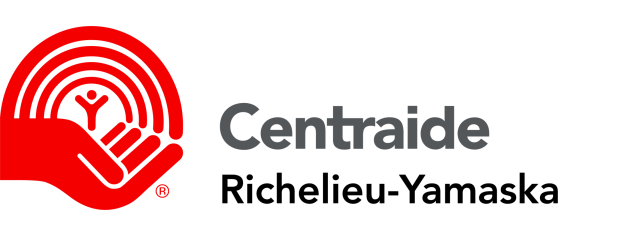[ Browse by Service Category : Employment Preparation : Sub-Topics of Job Training Formats (21) ]
Apprenticeship Training
Programs that provide a combination of paid, structured on-the-job training and related classroom instruction in which workers learn the practical and theoretical aspects of a designated trade, craft or occupation under the supervision of a skilled craft worker. Upon completion of the in-class and the on-the-job training, the apprentice is required to write an examination and, if successful, is given a Certificate of Apprenticeship, a Certificate of Qualification and the designation of certified journeyperson. Apprenticeship programs vary in length from 2-5 years depending on the trade, and are registered with and administered by the apprenticeship branch of the respective province or territory. Registered apprenticeship training in a trade can be either compulsory or voluntary, depending on the regulations of the province or territory.
Business Practice Firms
Simulated companies that resemble real businesses in form, organization and function, mirroring a real firm's business procedures, products and services for the purpose of training. With the assistance of a facilitator, trainees engage in all of the activities that are necessary to run a business (finance, purchasing, marketing and human relations) but rather than exchanging real goods and money, they trade with other practice firms in a closed economy. Trainees develop hands-on business skills and enhance their knowledge and experience of business practices as part of the process. The business practice firm model is extremely flexible not only in the curriculum, but also the student population that it serves. It has been implemented to meet the needs of high school, college, and workforce development trainees; and some programs focus on recent immigrants, people with disabilities or other special populations. The global practice firm network involves 42 countries and thousands of practice firms.
Classroom Training
Programs that offer employment related training courses, generally in a traditional classroom setting, which provide participants with the technical skills and information they need to perform a particular job or group of jobs. The training has a structured, defined curriculum and may feature lectures, demonstrations, simulations, role-playing, self-study and other similar activities. Classroom style training is also the primary format used for training in the "soft skills" that are required to get a job, stay employed and advance.
Internship Programs
Programs that provide opportunities for advanced students, recent graduates or candidates in a professional field (such as law, medicine or media) to gain practical or clinical experience in their chosen career prior to seeking gainful employment or practicing their profession.
Work Experience
Programs that place people in actual employment situations in order to give them an opportunity to demonstrate their competence and skills, gain practical experience in a field for which they have been trained and/or develop new skills that will be beneficial with respect to future employment opportunities. People are placed on a short-term basis and, if remuneration is involved, are paid by the sponsoring agency rather than by the employer or through a cost-sharing arrangement.
The above terms and definitions are part of the Taxonomy of Human Services, used here by permission of INFO LINE of Los Angeles.















